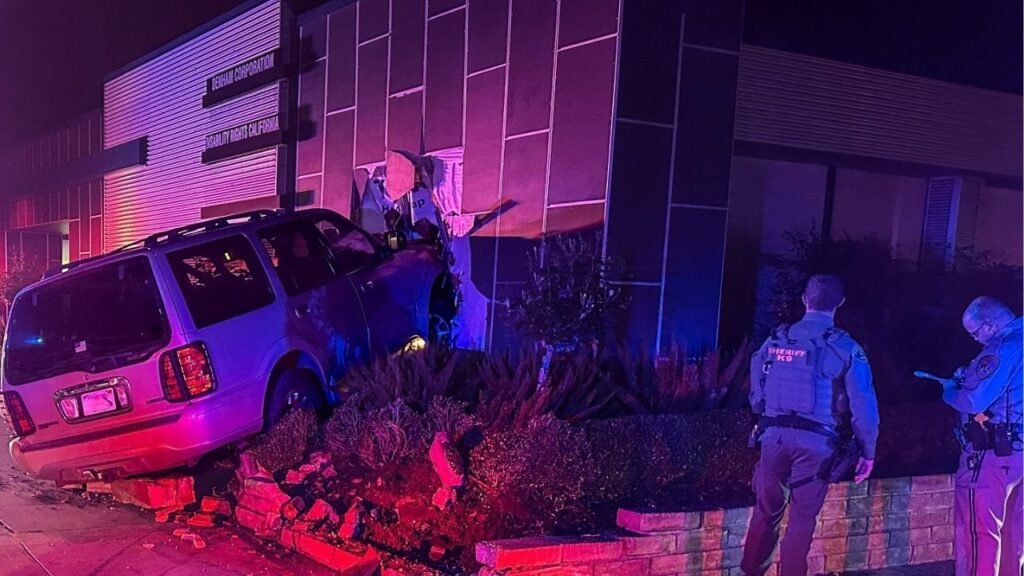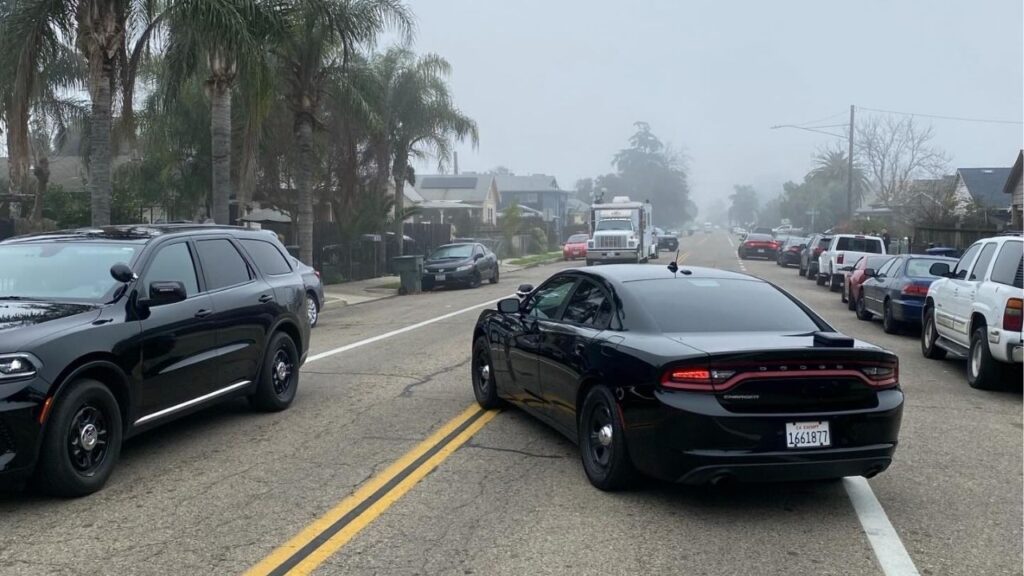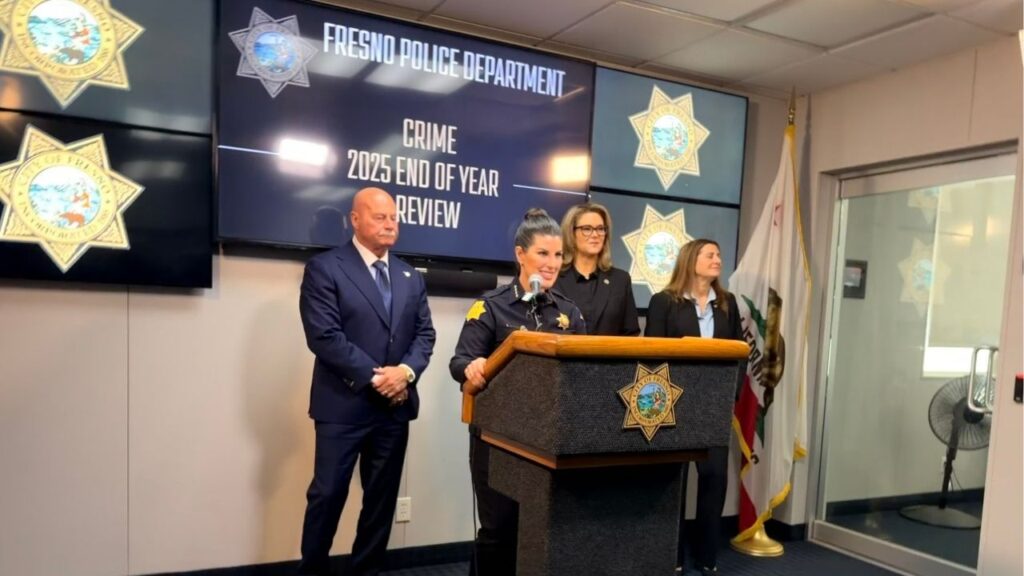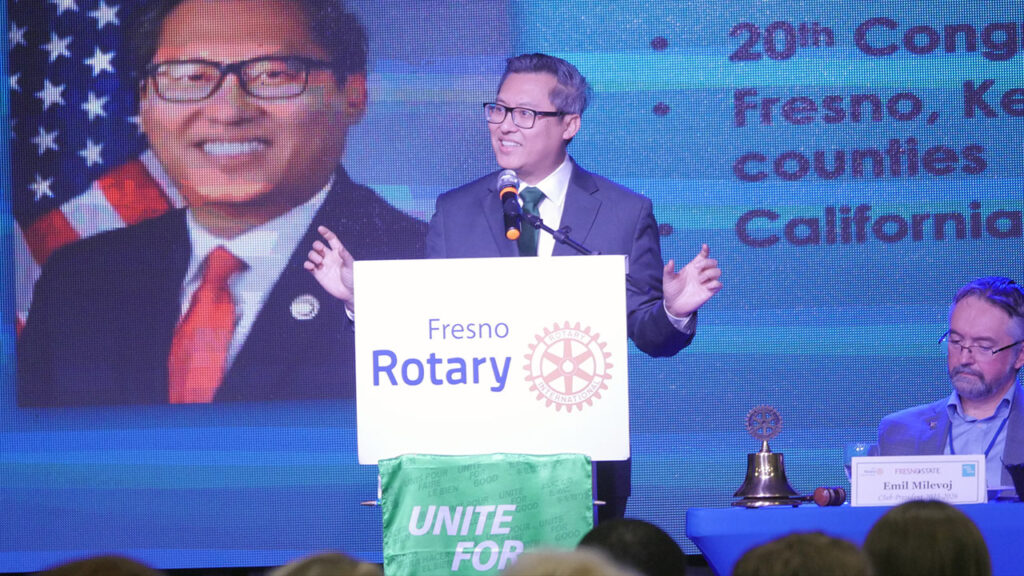Share
A controversial state bill impacting water and agriculture could be held over to the Legislature’s next session.
Senate President Pro Tem Toni Atkins, a San Diego Democrat, said Wednesday that Senate Bill 1 might be converted to a two-year bill. The California Chamber of Commerce calls the bill a “job killer.”
Listen to this article:
“We haven’t made that decision. You know how it goes,” said Atkins, who is the bill’s author. “We get to the last few days. We’re still in serious discussion. We are still having conversations with (Gov. Gavin Newsom’s) office on this very issue.”
The legislative session ends Friday.

“Delay is often a good way to express denial. This bill would create havoc.” — John Harris
Harris is a member of BizFed Central Valley, a business advocacy group that opposes SB 1.
Supporters Say Bill Will Protect State from Trump
The bill’s supporters say that SB 1 is needed to stop the Trump administration from rolling back protections for the environment and labor.
“It’s just going to get worse as this administration goes farther down (this) path,” Kate Poole, an attorney with the Natural Resources Defense Council, told The Sacramento Bee. “So that’s why we think it’s urgent that this passes now.”
Critics of SB 1 counter that it would derail voluntary water agreements that have yet to be put in play. An additional criticism is that the bill would ban the use of the “best science” in making critical decisions about protected and endangered species, and water deliveries.
If SB 1 passes, “you basically just blew up the voluntary agreement process and then we hunker down for a long period of litigation,” Jeff Kightlinger, general manager of the Metropolitan Water District of Southern California, told The Bee. His agency supplies water to almost half of California’s people.
Sen. Feinstein Enters the Fray
Bill opponents have picked up steam recently. Last week, Sen. Dianne Feinstein (D-California), along with congressmen Jim Costa (D-Fresno), TJ Cox (D-Fresno), Josh Harder (D-Turlock) and John Garamendi (D-Walnut Grove), sent a letter to Newsom asking for specific changes to the bill.
However, amendments made Tuesday did little mollify opponents. A major concern: The state would be vulnerable to lengthy legal challenges involving the Bureau of Reclamation’s management of the federal Central Valley Project.
If SB 1 becomes law, the bill would empower state agencies to adopt rules and regulations that they determine are more stringent than federal rules and regulations adopted after Jan. 19, 2017 — the day before Trump took office.
Two years ago, then-state Senate President Pro Tem Kevin de León pushed SB 49, a bill nearly identical to SB 1. De León’s version nose-dived in the Assembly.



















